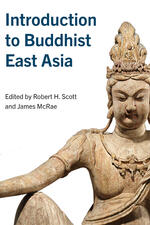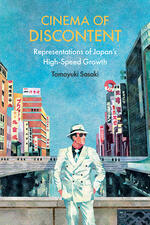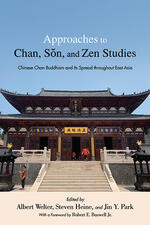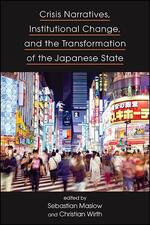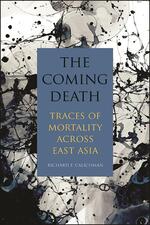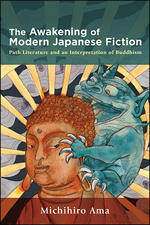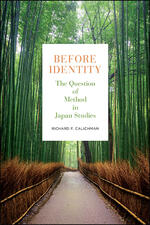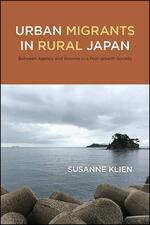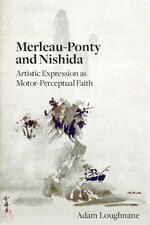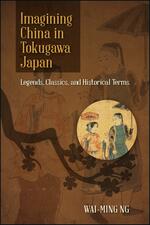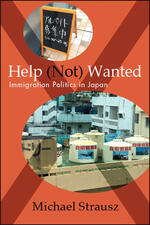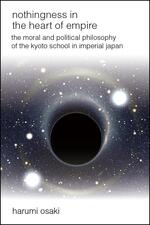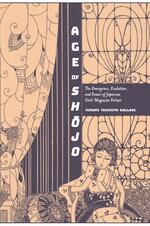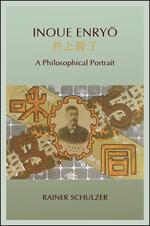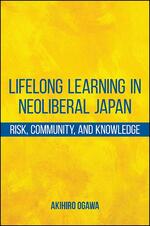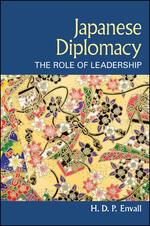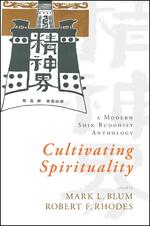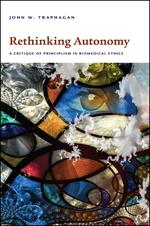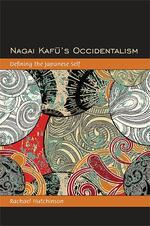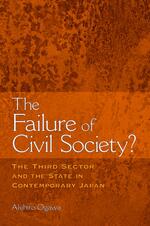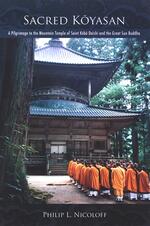Japanese Studies
Through a Nuclear Lens
Examines the increasingly reciprocal nature of Franco-Japanese cultural exchange through films that center on nuclear issues.
Hokkaido Dairy Farm
Argues that the dairy industry in Japan has always been entwined with notions of Otherness and security seeking, notably in terms of frontiers.
Introduction to Buddhist East Asia
Offers a variety of pedagogical and theoretical essays designed to assist professors in introducing undergraduate students to Buddhism in China, Korea, and Japan.
Cinema of Discontent
Uses popular films to reveal the tensions generated during Japan’s postwar "economic miracle," challenging the prevailing view that it was a story of great national success.
Approaches to Chan, Sŏn, and Zen Studies
A comprehensive treatment of the shared traditions of Chan, Sŏn, and Zen in dynamic interaction across East Asia, acknowledging the changing and growing parameters of the field of Zen studies.
Crisis Narratives, Institutional Change, and the Transformation of the Japanese State
Looking at Japan, traces crisis narratives across three decades and ten policy fields, with the aim of disentangling discursively manufactured crises from actual policy failures.
The Coming Death
Explores questions of death and mortality in several key texts of East Asian literature and cinema.
The Awakening of Modern Japanese Fiction
Argues that the role of Buddhism in modern Japanese prose literature has been significantly overlooked.
Before Identity
Aims to introduce a greater degree of theoretical rigor to the discipline of Japan studies as a whole.
Urban Migrants in Rural Japan
Offers an in-depth ethnography of paradigm shifts in the lifestyles and values of youth in post-growth Japan.
Merleau-Ponty and Nishida
Places the phenomenologies of Merleau-Ponty and Nishida in dialogue and uncovers a demand for a motor-perceptual form of faith in both philosophers’ meditations on artistic expression.
Imagining China in Tokugawa Japan
Pioneering study of the localization of Chinese culture in early modern Japan, using legends, classics, and historical terms as case studies.
Help (Not) Wanted
Shows how Japan’s immigration policy is shaped by the nature of Japan’s economy and elite debates about the country’s national identity.
Nothingness in the Heart of Empire
Reveals the complicity between the Kyoto School’s moral and political philosophy, based on the school’s founder Nishida Kitarō’s metaphysics of nothingness, and Japanese imperialism.
Age of Shōjo
Examines the role that Japanese girls’ magazine culture played during the twentieth century in the creation and use of the notion of shōjo, the cultural identity of adolescent Japanese girls.
Inoue Enryō
The first comprehensive treatment of Inoue Enryō, a pioneer of modern Buddhism and a key figure in the reception of Western philosophy in East Asia.
Lifelong Learning in Neoliberal Japan
Explores the trend of lifelong learning in Japan as a means to deal with risk in a neoliberal era.
Japanese Diplomacy
Groundbreaking study demonstrating how Japan's leaders play an important role in diplomacy.
Cultivating Spirituality
Four Shin Buddhist thinkers reflect on their tradition’s encounter with modernity.
Rethinking Autonomy
Provides a critique of and alternative to the dominant paradigm used in biomedical ethics by exploring the Japanese concept of autonomy.
Shinohara Pops!
Surveys the fifty-year career of the avant-garde artist Ushio Shinohara.
Nagai Kafū's Occidentalism
Describes how writer Nagai Kafū (1879–1959) used his experience of the West to reconcile modernization and Japanese identity.
The Failure of Civil Society?
A look at the voluntary sector in Japan, which has emerged strongly only in recent years.
Imagined Families, Lived Families
An interdisciplinary look at the dramatic changes in the contemporary Japanese family, including both empirical data and analyses of popular culture.
Sacred Kōyasan
Takes the reader on a pilgrimage to Mount Kōya, the holy Buddhist mountain in Japan.


